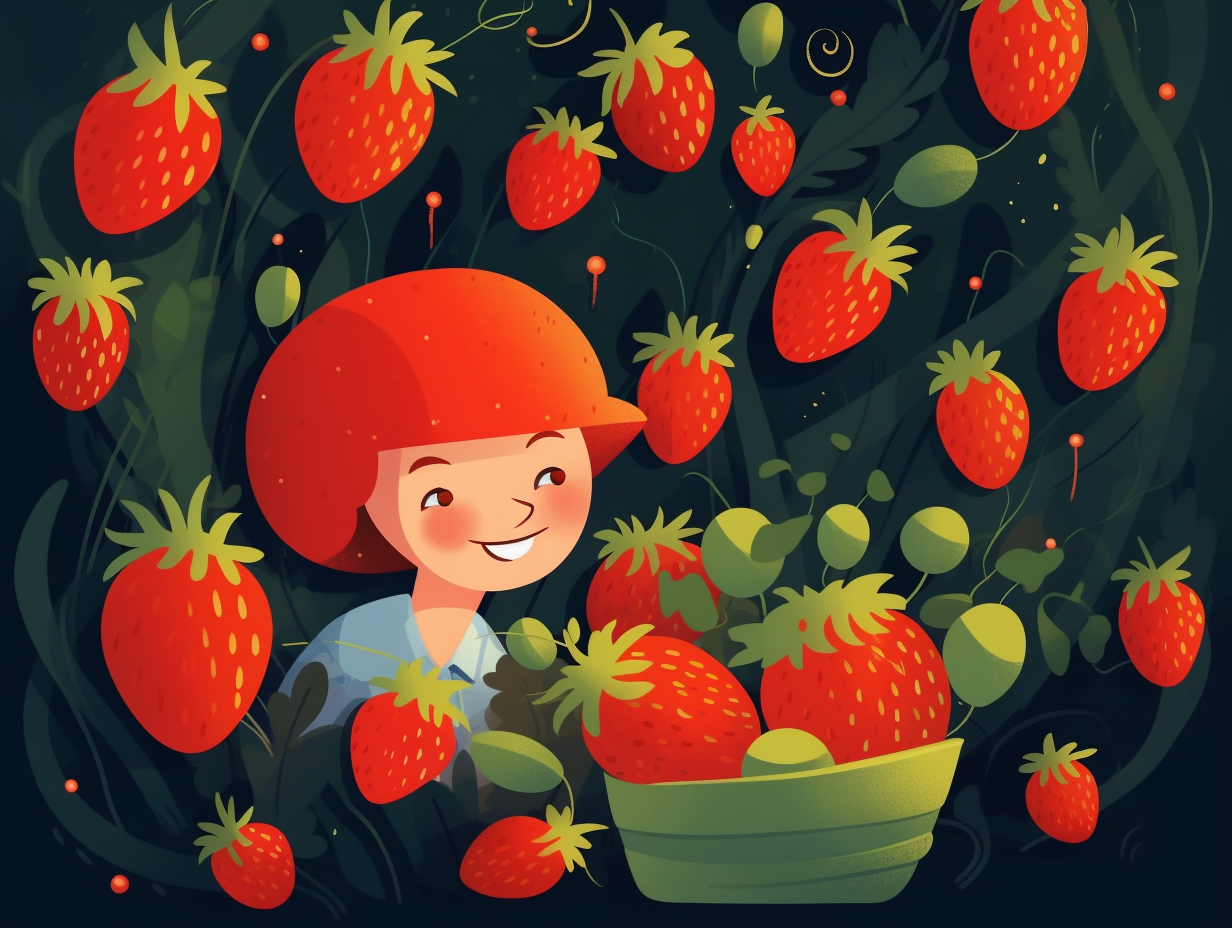Discover the Zest: Top 14 Fun Facts About Thyme You Never Knew!

1. Thyme for Lower Blood Pressure
Thyme after thyme, this humble herb proves it's not just for seasoning: A study conducted by the University of Belgrade revealed that an extract from wild thyme may potentially lower blood pressure, with promising results seen in rat testing – though more research is needed to establish its efficacy in humans.
Source => medicalnewstoday.com
2. Knights' Anti-Nightmare Herb
When knights of old laid their head upon thyme pillows, they needn't fear counting sheep in Mordor: during the Middle Ages, thyme was believed to ward off nightmares and was gifted by ladies to warriors as a symbol of courage, while also being used as incense during funerals to ensure the deceased's passage into the afterlife.
Source => soapyard.com

Did you know basil has a secret superpower? 🌿💪 Discover how this common herb fights drug-resistant bacteria and could potentially revolutionize infection treatments! 🦠🌟
=> Fun Facts about Basil
3. Roman Soldiers' Spa Day
Before hitting the spa with a "thyme-out": Roman soldiers were known to bathe in Thyme-infused water to unwind and rejuvenate, giving them the vigor and strength needed for their next conquest.
Source => getplanta.com
4. The League of Slug-Fighting Herbs
If your garden is under siege by slimy, plant-pilfering intruders, fear not! Assemble the League of Extraordinary Herbs to save the day: Thyme, garlic, chives, sage, rosemary, parsley, and mint work as natural bouncers, repelling slugs and snails from your garden without resorting to toxic tactics or deadly weaponry. Not only will your garden be safe, but you'll have a flavorful cast of characters to spice up your culinary adventures! The serious reveal: Planting these herbs in a border around your garden or between vulnerable plants helps protect them while ensuring a chemical-free, beautiful, and edible environment for your horticultural enjoyment.
Source => aumanns.com.au

5. A Powerful Family of Aromas
Thyme flies when you're having fun, and it also has an aroma that packs a punch: Its enticing scent comes from oil glands on its leaves, stems, and blossoms, making it a key ingredient in Western cooking and a member of the Labiatae family alongside herbs like marjoram, oregano, basil, sage, rosemary, and savory.
Source => artofeating.com
6. Ancient Egyptian Scent-urions
Who knew ancient Egyptians were the original "scent-urions"? They evidently thyme-traveled through their aromatic preferences: Thyme, combined with myrrh, marjoram, chamomile, and lavender, played a significant role in composing perfumes used for not only aesthetic but also cultural and religious practices, like embalming the dead and performing rituals.
Source => smith.edu
7. Thyme-oil's Biopesticide Superpower
You thyme-traveling horticulturist, you! Ready for a power-punch to those pesky pathogens? Here's the dirt: Thyme oil, packed with mighty thymol, is the unsung hero of plant-protecting biopesticides, safely and effectively fighting bacteria and fungi without leaving harmful residue or disrupting the delicate balance of the garden ecosystem.
Source => kemin.com
8. Thyme's 300 Minty Relatives
Thyme may not have the power to turn back the hands of time, but it sure knows how to party with over 300 of its minty relatives: This versatile herb belongs to the mint family of Lamiaceae and has numerous popular varieties such as Common thyme, Lemon thyme, and Creeping thyme, making it an ideal ingredient in stews, soups, and dressings, as well as a popular choice for honeybees, essential oil products, and an easy addition to gardens, pots, or pathways.
Source => gardeningknowhow.com
9. Thyme On Shakespeare's Stage
If Shakespeare had a spice rack, thyme would be his go-to herb: Thyme is often found growing wild in his plays, like a scene-stealing extra. In A Midsummer Night's Dream, thyme covers the bank where Queen Titania sleeps, but in Hamlet, Ophelia hands out flowers referencing different emotions, yet thyme didn't make it to the bouquet list.
Source => schoolgardening.rhs.org.uk

10. Bees' Herby Culinary Creation
Who knew bees were such seasoned chefs, whipping up their own herby concoctions: Thyme honey is a delightful culinary creation by bees that collect nectar from various species of thyme, including wild thyme, garden thyme, and mother-of-thyme. This highly prized honey boasts an intense and complex flavor, evoking resinous, herbal, savory, and fresh notes, alongside a strong aroma of floral, spicy, and dried flowers. A sweet treat enjoyed for thousands of years, it is known as Hymettus Honey in Greece.
Source => honeytraveler.com
11. Unassuming Gardening Underdog
Thyme and thyme again, this unassuming herb proves itself the ultimate underdog of the garden, triumphing over even the most inhospitable terrain like that unwelcome cousin who still manages to have a great time at every family gathering: Thyme flourishes in various environments and is perfect for beginner gardeners, easily adapting to sunny, well-draining soil or even thriving amidst rocky gravel, happily providing robust flavor for your culinary endeavors just before flowering, while being a low-maintenance, perennial guest in USDA zones 5 to 9.
Source => thespruce.com
12. Ancient Greek Performance-Enhancer
Thyme sure knew how to have a toga party back in ancient Greece: Not only was it a delicious addition to meals, but it was also used by athletes who believed that rubbing some thyme on their bodies would give them super strength and considered their very own performance-enhancing herb. Romans even brought this little plant along to the battleground, exchanging sprigs as a sign of mutual respect and inhaling its scent pre-battle to summon courage from deep within: We can consider thyme as the ancient greek and roman version of spinach for Popeye, even though its antiseptic compound thymol wasn't the key ingredient as claimed by some sources in the first modern antiseptic used during WWI but it did have a long history of being associated with bravery, protection, and even poison prevention.
Source => vanillablossom.com
13. Ukrainian Space Yeast Mission
In a yeast(ly) mission that's out of this world, Ukrainian students decided to boldly grow where no fungus has grown before: they sent an experiment to the ISS as part of the Student Spaceflight Experiments Program Mission 17, studying the effects of humic substances on yeast growth and metabolism in microgravity, aiming to improve yeast cultivation and obtain valuable products during long space flights.
Source => ssep.ncesse.org
14. The Swiss Army Knife of Herbs
In a fragrant tale of bravery and romance, our hero Thyme would transform mere mortals into fearless Greek warriors and infatuate the hearts of lovers with its aromatic charm: This versatile herb has been historically used for medicinal purposes, offering courage to ancient Greeks, protection against poison by Romans, and even warding off rodents from cheese in medieval Europe – truly the Swiss Army knife of herbs!
Source => gardentherapy.ca
Related Fun Facts




















